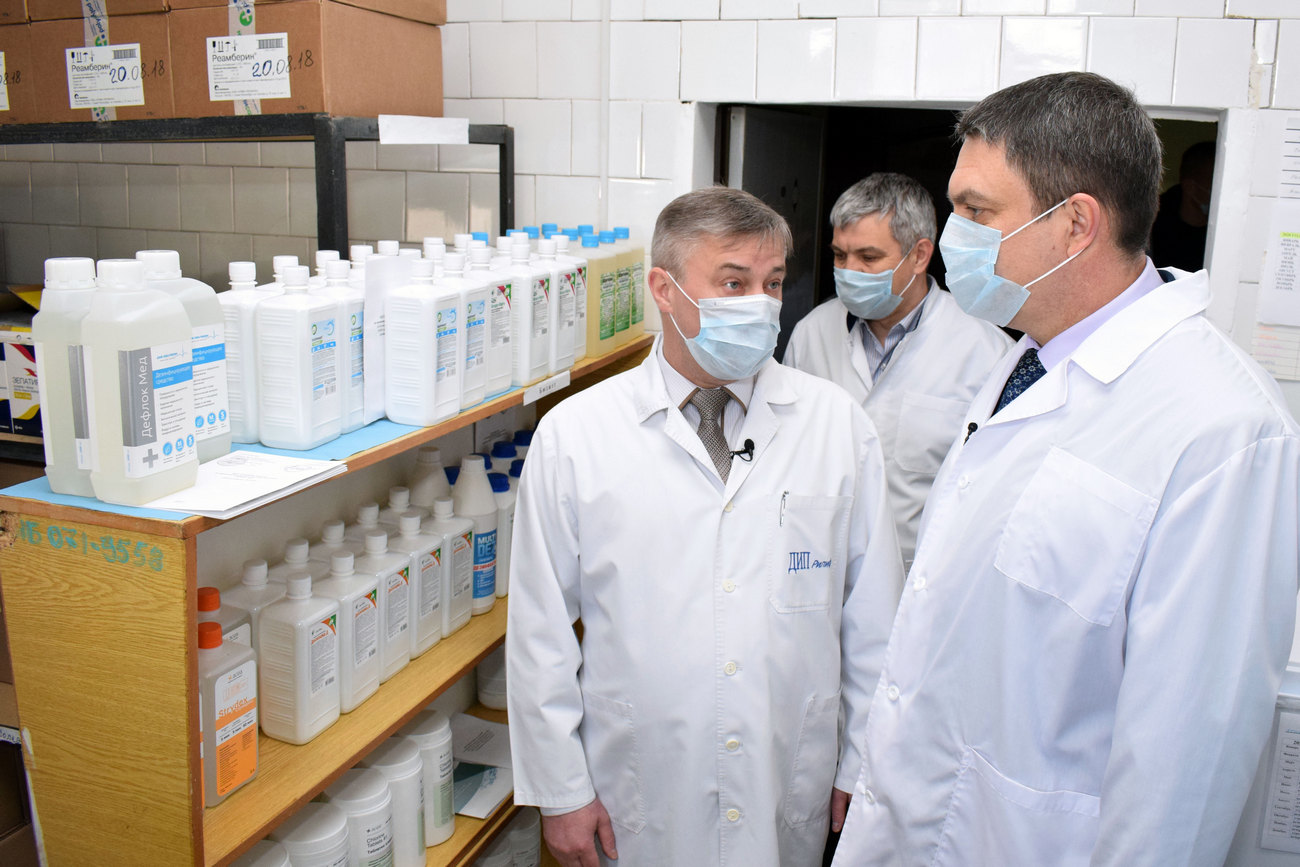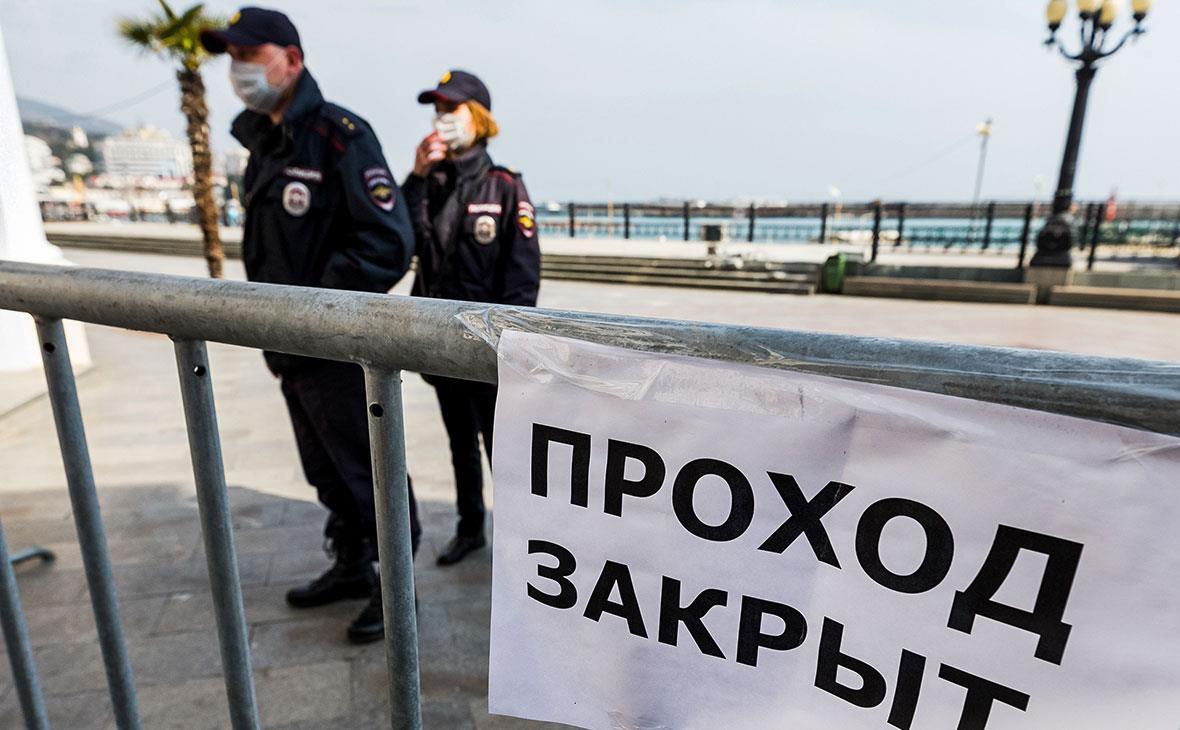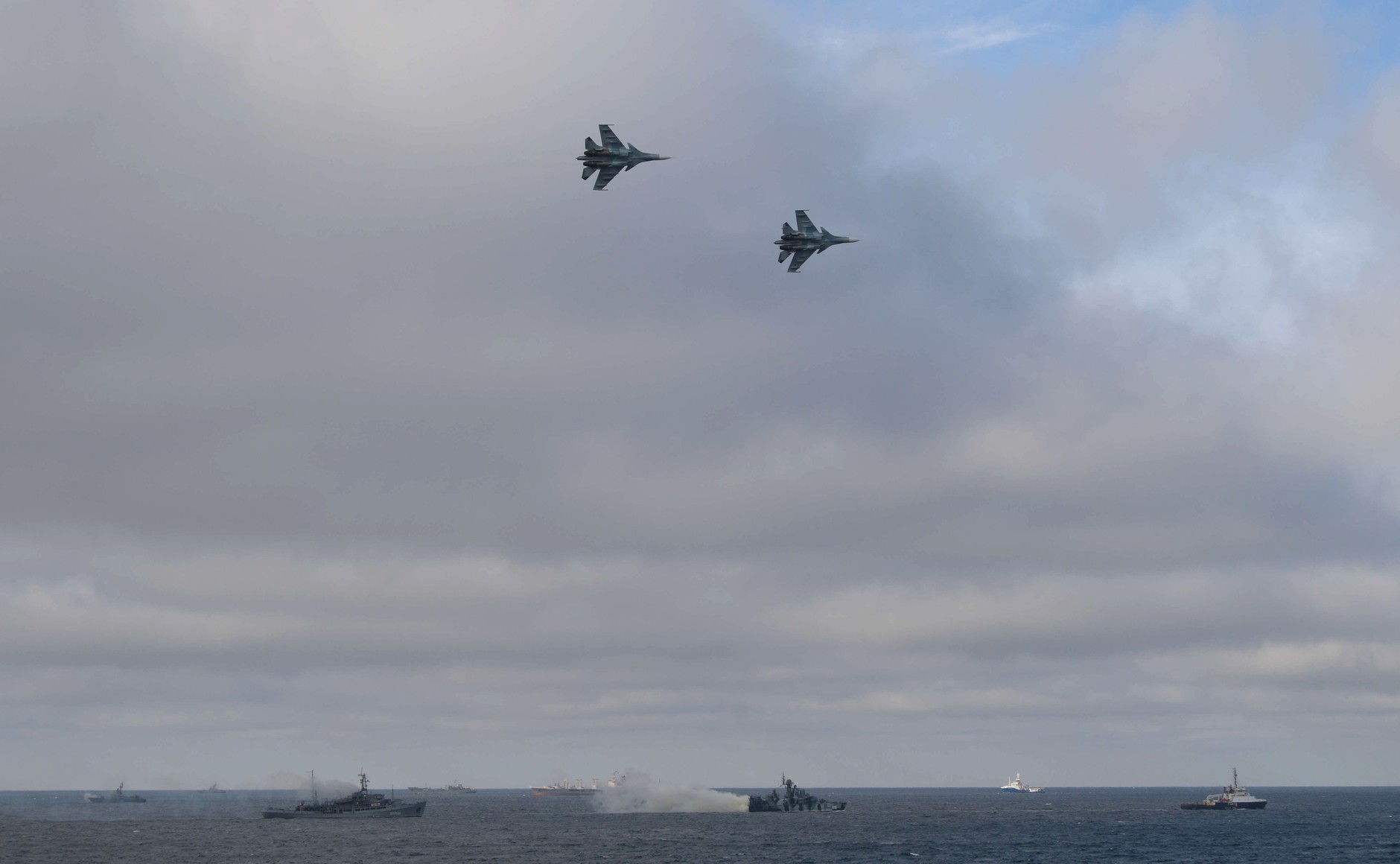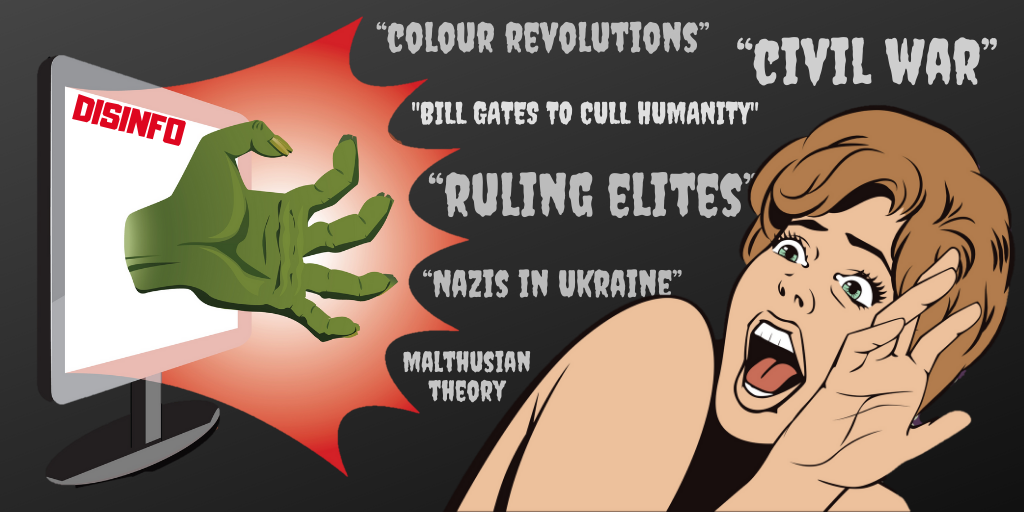The logic of the sanctions regime the West imposed on Moscow after Putin seized Ukraine’s Crimea was not only to underscore its opposition to this blatant violation of international law but also to raise the price on Moscow of occupying Ukrainian territory and eventually leading the Russian government to back down and return the peninsula.
In the years since the Russian Anschluss, these sanctions have imposed enormous costs on Moscow but not sufficient for Moscow to change course. Now, the coronavirus pandemic with its economic impact has raised those prices still further, prompting Moscow to launch yet another round of calls for ending sanctions supposedly so that all can focus on the pandemic.
It is unlikely Moscow will return Crimea to Ukraine as long as Vladimir Putin remains in power, Andreas Umland, a specialist at the Kyiv Institute for Euro-Atlantic Cooperation, says; but it is clear that the pandemic has added to the pressure on Russia.
The pandemic has distracted the attention of many in the world “from the issue of annexed Crimea and the aggression of Russia in Ukraine,” Umland continues; but sanctions continue to have an impact on Russia and they are having a greater impact now than earlier because of the borrowing restrictions they place on Moscow to finance economic recovery.
According to Umland, in the current environment, “Russia would like” to lift the counter-sanctions its own regime imposed on importation of foodstuffs from the West as a reaction to Western sanctions, “but it cannot do this without the lifting of at least a part of the Western sanctions. The logic of this regime is such that it cannot show weakness.” But not showing weakness and being in a weak position are not the same thing.
The Kyiv scholar says that “under conditions of the economic crisis and the coronavirus pandemic, Russia will find it ever more difficult to finance annexed Crimea,” especially given the financial demands that the crisis and pandemic are placing on it with regard to the Russian Federation as such.
The Kremlin insists that it has plenty of money even though it hasn’t spent it as yet, but one must keep in mind that “Crimea remains for Russia a region which requires enormous subsidies; and under conditions when financing is being cut, this Crimean adventure will be ever more subject to questioning.
“I have big doubts,” Umland says, that Russia in the future will be able to allow itself to hold Crimea.”
After Putin leaves office, “Russia could not only lose control over annexed Crimea but lose part of its own territories, in particular, certain regions of the North Caucasus.” Russia is unlikely to disintegrate completely, and it is not clear that that would be something positive for Ukraine. But recovering Crimea and ending Russian aggression in the Donbas matters.
In the meantime, and especially while Putin is still in office, Umland says, he cannot exclude the possibility that there will be an escalation in Russian aggression in Ukraine. Moscow may seek to gain control of the canal which has supplied water to Crimea or move further into southern portions of Ukraine.
Unfortunately, Umland says, the West’s restrained reaction to Russia’s escalation of tensions in the Azov Sea “sent a signal to Russia” that Moscow may have a freer hand in the southern portions of Ukraine and in the eastern ones.
Read More:
- West, Russia face off in Belarus over Baltic–Black Sea waterway project
- The political dimension of Russia’s spy war in Ukraine
- Key figure in Boeing MH17 shootdown identified as deputy head of Russia’s FSB Border Service
- Moscow worried about Ankara’s plans for canal bypassing Bosporus Strait
- Moscow continues hybrid war against Ukraine despite pandemic, Danilyuk says
- Documentary “Crimea. As it Was” shows the very beginning of Russia’s occupation of the peninsula
- Russia that annexed Crimea says Western countries have territorial claims to Russia
- Ukraine’s water blockade of Crimea should stay, because it’s working
- Russia’s occupation of Crimea, Donbas war not “serious violations” in Council of Europe’s new sanctions procedure






